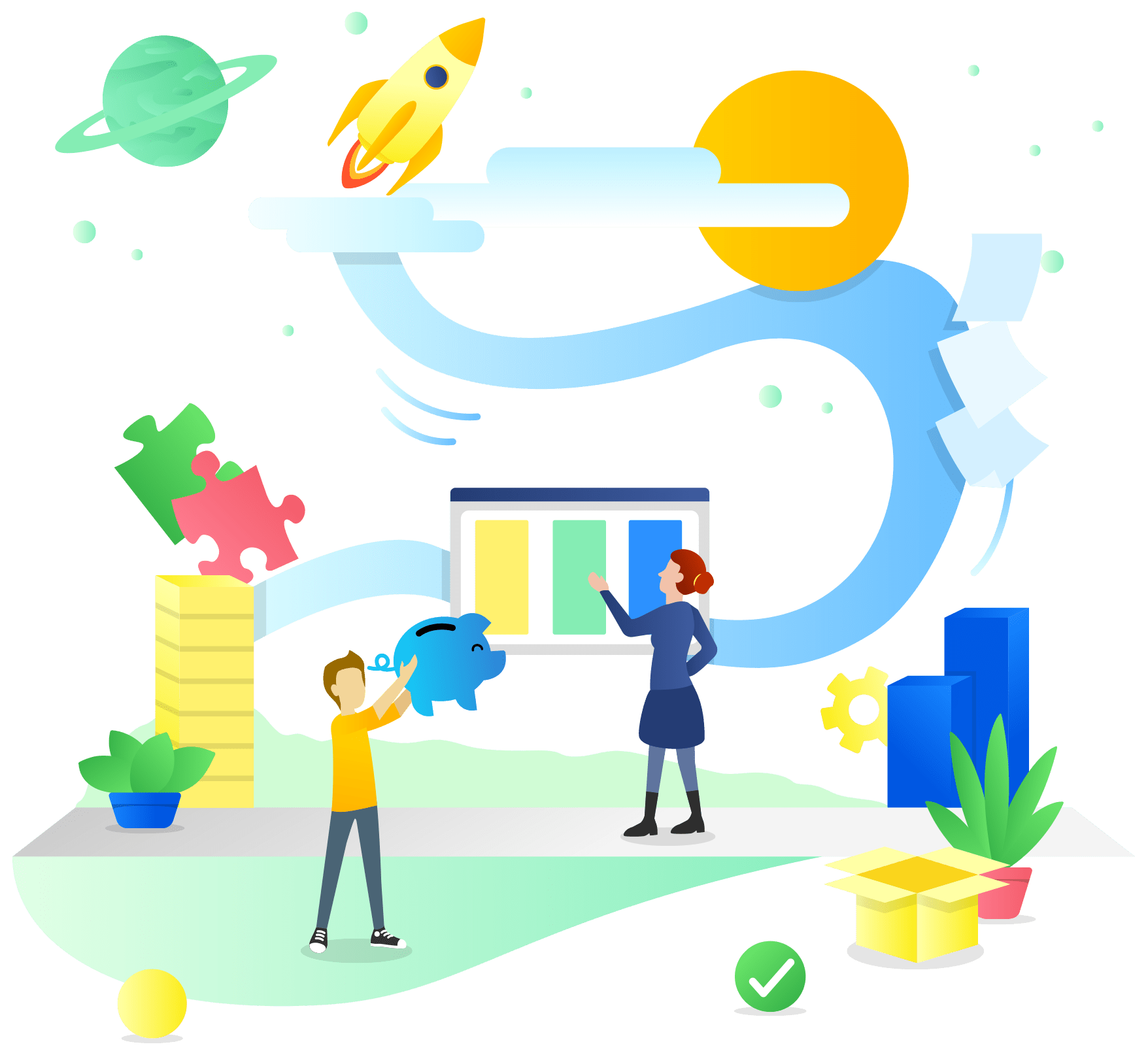Menu
Finding the model which best fits your needs can be challenging – let us help you! With decades of expertise our renowned IBM DOORS specialists will assist you in sorting out which options will fit your financial as well as technical expectations.

Your cost of ownership basically depends on the underlying pricing model and the license types chosen. Depending on number of users, duration of your projects, follow-on and parallel projects emerging, as well as functional needs, there are many parameters that ultimately lead to a price tag for your IBM DOORS environment.
Let us assist you in navigating IBM Passport Advantage options, bulk discounts, SodiusWillert DOORS offerings, or floating licenses, token-based licenses, and authorized user licenses.
Your engineering tools scenario is unique, and so is the best suitable pricing model individually optimized for your current and future demand.
The Authorised user License is assigned to a dedicated user (person). Only this user is authorized to use the license. This is possible at any place in the world around the clock 24 hours a day.
In special situations, when an employee leaves the company, is ill for a longer period of time, takes over other tasks in the company … the license can be transferred to another named user.
This license model is available as purchase model, rental model or as SaaS* (Software as a Service).
A Floating User License can float over different users, as the name already implies. This means that different users can use the tool, but only the maximum number of users at the same time. For example, a Floating User license for 5 users can have an unlimited number of users, but only 5 users can use the tool at the same time.
The floating rights are valid worldwide for 24 hours for the entire company including all subsidiaries with an ownership share of over 50%.
This makes this license type ideal for Engineering teams where team members do not work full time with the same tool.
Technical license info: Licenses will be created based on a Server MAC Address and will only be useable for that specific server which houses the FlexLM (License Management) Server.
The amount of floating user licenses determines how many team members can work simultaneously in the IBM DOORS Database. Therefore the amount of registered users can exceed the total amount of bought licenses.
Like a floating license floating over multiple users, the token license floats over multiple tools. A fixed amount is paid per floating user and this user can then access a specific portfolio of different products.
Depending on which phase a project is in, the use of specific tools is either large or small. For example, if a project is in the specification phase, IBM DOORS licenses are used. If the project is then more and more in the implementation phase, it is likely that less IBM DOORS and more Rhapsody licenses will be used. Token-based licensing models allow this flexibility without explicitly licensing each individual tool for each user. Today an employee can use IBM DOORS, tomorrow Rhapsody and the day after tomorrow Quality Manager. Licenses are not granted for three tools, but for flexible tokens that allow the use of all tools.
This can greatly reduce the total license cost by recalculating license usage to Token points.
With this, lifelong usage rights of the software are acquired. No support and update services are included beyond the legal warranty. Updates with product improvements or adaptations must then be purchased anew each year in the form of maintenance contracts. If this does not happen, it can lead to the situation in practice that, for example, with an operating system update, a license can no longer be used for technical reasons.
This ownership model is characterized by relatively high acquisition costs and the purchase of maintenance contracts in the subsequent period of use. The costs of maintenance contracts are in the range of 20% of the acquisition costs per year
Fixed Term licenses entitle the user to use the licenses for a limited period of time. The costs for one year are significantly below the purchase licenses and above the costs for maintenance contracts. Accordingly, the costs for shorter useful lives are low. For longer periods of use (several years) the costs are usually higher compared to the purchase licenses.
But there are more advantages. Fixed Term licenses can immediately be claimed in full for tax purposes. The number of licenses and their costs can be flexibly adjusted. For example, if more staff is employed in a project for a limited period of time, licenses can be rented for this period.
Fixed Term models are characterized by low acquisition costs and somewhat higher running costs. They can be flexibly adapted to the number of employees and/or needed licenses.
SaaS (Software as a Service) includes not only the pure rights of use but also the technical provision of the tools and the complete working environment. The main advantage is the savings of qualified IT personnel and IT infrastructure.
This results in a further advantage, the time for the so-called ‘Role Out’ and commissioning can be significantly shortened.
This model is the most flexible model. In relatively short periods of time, licenses can be provided, extended or reduced. This solution requires a sufficiently stable Internet topology. The data sovereignty and data rights must be taken into account; they are similar to those of cloud solutions.
* SaaS licensing model is only available for DOORS Next and not for DOORS Classic

Give your team access to more than 25 years of experience in Requirements Engineering with IBM DOORS or DNG